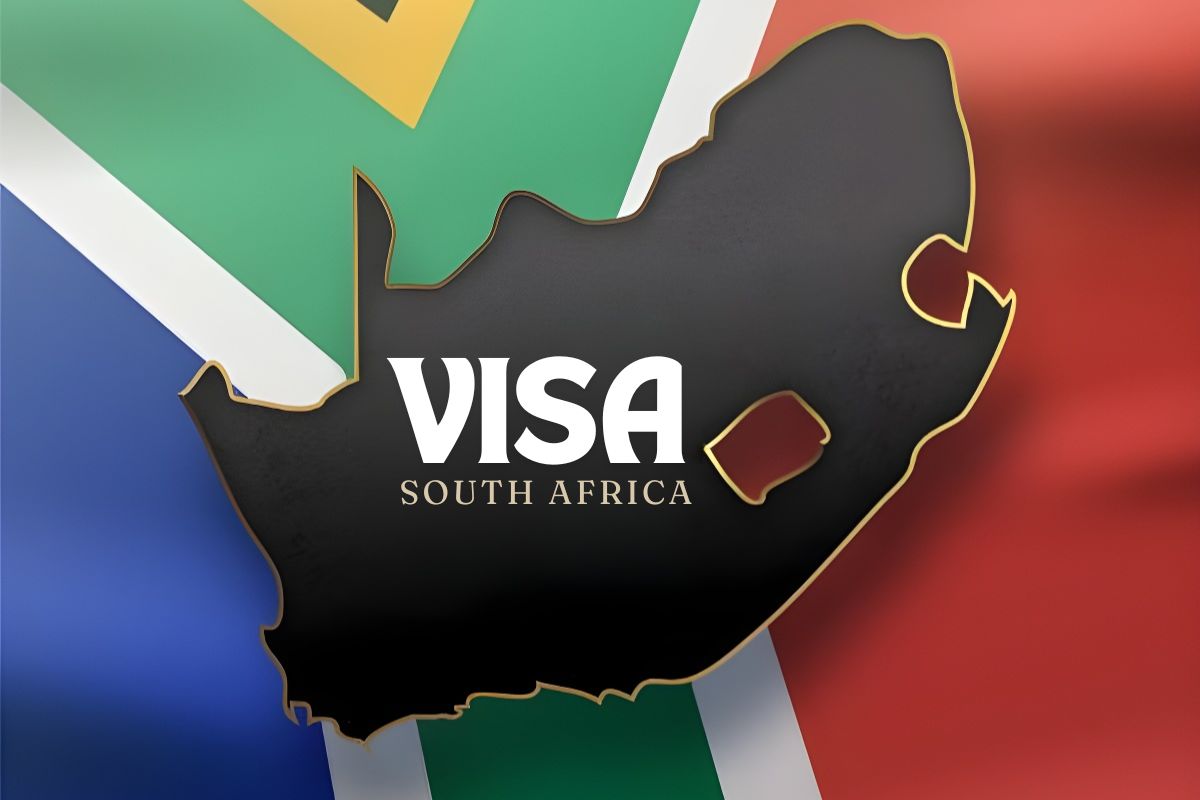
South Africa has taken a significant step towards attracting international talent by officially launching a Remote Work Visitor Visa and a new point-based system for work visas.
The Home Affairs Department has officially introduced this visa, thereby allowing highly paid professionals employed abroad to work in South Africa while contributing to the local economy.
This visa is part of broader reforms that aim to boost the country’s tourism sector and position South Africa as an attractive destination for foreign investment.
Key Highlights of the New Reforms
The new reforms introduce a remote work visa and a points-based system, aiming to attract skilled workers and boost tourism.
1. Remote Work Visa
The newly launched remote work visa enables high-income remote workers to live and work in South Africa, spending their foreign earnings in the country. Announced in May, this visa allows digital nomads to live and work in the country.
- Who’s Eligible: Highly paid individuals employed abroad can now work remotely from South Africa.
- Benefits: The remote work visa is expected to attract high-earning individuals who will bring and spend their foreign currency in the country, boosting the tourism sector.
2. Points-Based System for Work Visas
The government introduced a new points-based system to assess work visa applications. This system aims to increase transparency and actively reduce corruption in the visa approval process, ensuring a fairer and more reliable method for determining visa eligibility.
- Purpose: The new system aims to create a transparent and fair process for assessing work visa applications.
- Threshold: Applicants outside the trusted employer scheme must earn a gross annual income of over R650,796 to protect local jobs.
- Benefits: The new point-based visa system aims to reduce corruption and ensure that only qualified individuals receive work visas.
3. Transition to Digital Submissions
As the new reforms take effect, applicants must still submit all work visa applications through authorized agencies and South African embassies abroad. Authorities will evaluate these applications using the new points system to ensure they meet the updated eligibility criteria.
Minister’s Statement on Visa Reforms
Minister Leon Schreiber emphasized that these reforms align with the president’s vision to overhaul the immigration system, aiming to attract valuable skills and investment.
The remote work visa is expected to attract high-earning individuals to South Africa, boosting both the tourism industry and the economy.
The points-based system will also ensure that work visa applicants meet clear criteria, protecting local jobs by setting an income threshold of over R650,796 for applicants outside the trusted employer scheme.
What is a Remote Work Visa and How Does it Work?
A remote work visa allows foreign professionals employed by companies outside the country to live and work remotely in a different nation, usually for an extended period.
These visas are designed to attract digital nomads or individuals working in industries that allow location independence.
The key benefits of a remote work visa include:
- Work Flexibility: Individuals can continue working for their foreign employer while residing in another country.
- Boost to Local Economy: Remote workers spend their income in the host country, contributing to tourism, housing, and other local businesses.
- Minimal Job Market Impact: Since remote workers are employed abroad, they don’t compete with the local workforce.
Conclusion
In conclusion, South Africa’s introduction of the remote work visa and points-based work visa system marks a significant step in attracting foreign talent, boosting tourism, and fostering economic growth, while maintaining a transparent and fair visa application process.
